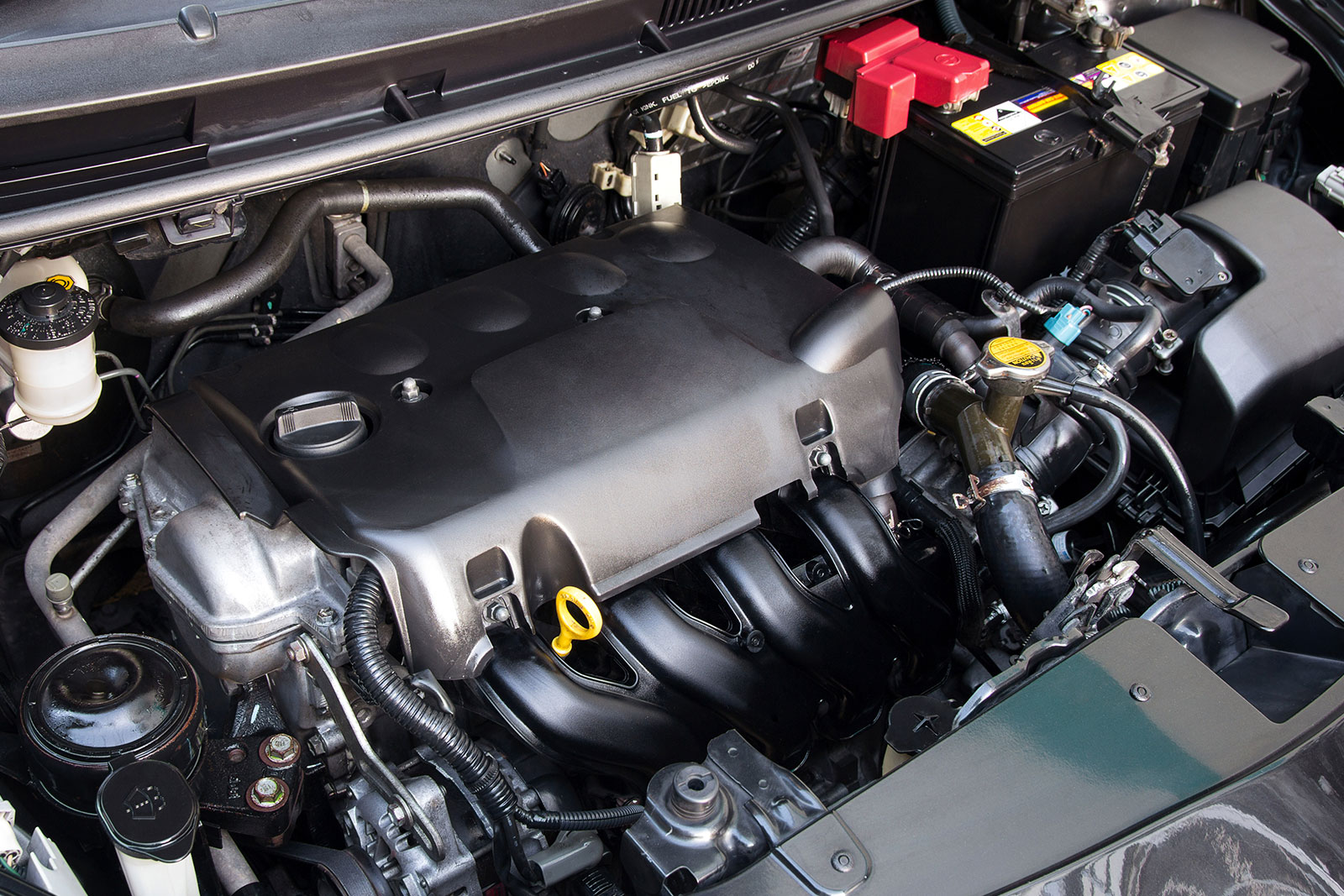The alternator is an essential part of your vehicle, often overlooked until it begins to show signs of malfunction. Recognizing these signs early can save you from unexpected troubles down the road. In this article, we’ll explore the various signs of a bad alternator, learn about its function, and understand how to get a suitable replacement when it starts failing.
The Importance of the Alternator
Before delving into how to identify a faulty alternator, it’s essential to understand its role. The alternator is central to a vehicle’s electrical system. It works with the battery to generate power for the electrical components, maintain the battery’s charge, and support your vehicle’s overall operation.
In essence, while your car’s battery provides the initial power to start the engine, the alternator takes over once the vehicle is running. It converts mechanical energy into electrical energy. Consequently, a functional alternator is crucial to charge the battery and fuel the vehicle’s various electrical needs.
Detecting a Bad Alternator: Key Indicators
The alternator, a pivotal component of the automotive charging system, rarely fails instantaneously. More commonly, it deteriorates over time, sending out various signs of its diminishing functionality. By grasping these signals, you place yourself ahead of unfortunate surprises such as being stranded due to a non-starting car. Here are six key indicators of a failing alternator, each of which warrants your attention:
1. Dim or Overly Bright Lights
As one of the alternator’s primary functions is to supply power to all the electrical components in the vehicle, one way its functionality status gets revealed is through the performance of the car lights. This includes headlights, dashboard lights, and rear lights.
A well-functioning alternator regulates the power supply to these lighting systems, ensuring they operate at the optimal brightness level. However, when the alternator encounters issues, you may witness a significant change in the intensity of these lights. They may become either dim or excessively bright.
In extreme cases, you may even observe these lights flickering or turning off completely. These symptoms occur because a faulty alternator fails to provide a consistent power supply. This irregularity directly affects the intensity and performance of the lights, making this one of the hallmark indicators of a bad alternator.
2. Difficulty in Starting or Frequent Stalling
Although a sluggish start is most often connected to a poor battery, the alternator should not be dismissed as a potential cause of this issue. Essentially, once the car’s engine starts running, the alternator takes over from the battery to supply the power required for the vehicle’s operation.
But what if the alternator isn’t producing sufficient electrical power? It may result in hard starting problems or frequent stalling as the alternator’s input isn’t enough to keep the engine running smoothly after ignition. So if you notice your vehicle experiencing these problems, it’s worth checking out the alternator as much as the battery.
3. Battery Problems
Another common yet deceptive sign of a poor alternator is persistent battery problems. For instance, if your car battery keeps draining even after you’ve recently replaced it, the issue might not be with the battery at all.
Under normal circumstances, the alternator should replenish the battery’s charge while the car is running, preparing it for the next ignition cycle. However, a malfunctioning alternator is incapable of performing this crucial task, resulting in the battery not getting recharged adequately. The ensuing repeated battery failures are hence a possible signal of a faulty alternator.
4. Unusual Noises
The alternator comprises many small components that spin and work in harmony. Over time and with the wear and tear of continuous use, these delicate parts may start to deteriorate, leading to the production of abnormal sounds.
So if you’ve begun to notice unusual noises – grinding, rattling, whining, or knocking – emanating from your vehicle’s engine, they might be a distinct sign that your alternator is nearing its end. It’s integral to take such warning sounds seriously and get them inspected promptly to prevent extensive damage.
5. An Illuminated ‘ALT’ or ‘GEN’ Warning Light
Designed to assist drivers in identifying potential problems, modern vehicles come equipped with a range of alert systems. One such system is the ‘ALT’ or ‘GEN’ warning light on your car’s dashboard, directly linked to the health of your alternator.
When the alternator starts malfunctioning or when it isn’t generating electricity efficiently, this warning light illuminates. Hence, if the ‘ALT’ or ‘GEN’ light comes on, it’s a clear message that your alternator needs immediate professional attention.
6. Electrical Failures
The alternator provides power to every electrical component in your vehicle, from power windows and GPS to the radio and air conditioning. A faulty alternator can lead to intermittent or complete failure of these electric features, presenting another evident clue of alternator trouble.
Although these signs may be indicative of a bad alternator, they might also overlap with other mechanical issues. It’s always recommended to have your vehicle inspected by a trusted mechanic or garage, ensuring definitive identification of the defective component. By doing so, you take the first step towards rectifying the problem – whether rooted in the alternator or another vehicle part.
Sourcing A Replacement
Having identified a bad alternator as the root of your vehicle’s problems, the next step is finding a suitable replacement. This can be a daunting task given the vast range of options available in the market. However, platforms like Alternator Starter Replacement are committed to making this process convenient and straightforward for you.
At Alternator Starter Replacement, we’re specialists in providing high-quality replacement alternators suitable for a broad range of vehicles. Our wide variety of alternators ensures that you can find the perfect fit for your vehicle, regardless of its make and model.
The ordering process is designed to be user-friendly and efficient, and our dedicated customer service team is available round the clock to assist with any uncertainties. We take pride in ensuring a hassle-free and swift shopping experience, from browsing through the available parts to the final delivery, helping you get back on the road reliably and safely.
Conclusion
Being proactive and observant is key to maintaining your vehicle’s health. If you’re experiencing any of the symptoms mentioned, it might be time to take a close look at your vehicle’s alternator. And remember, when it comes to replacing a bad alternator, help is at your fingertips. Platforms like Alternator Starter Replacement make it easy to source quality parts at competitive prices, whatever your vehicle type.
The how and when of mechanical faults are often unpredictable, but with the right knowledge and support, confronting and resolving these issues doesn’t have to be a stressful ordeal. So next time you notice these signs of a bad alternator, know that solutions are readily available and peace of mind is just a few clicks away.


